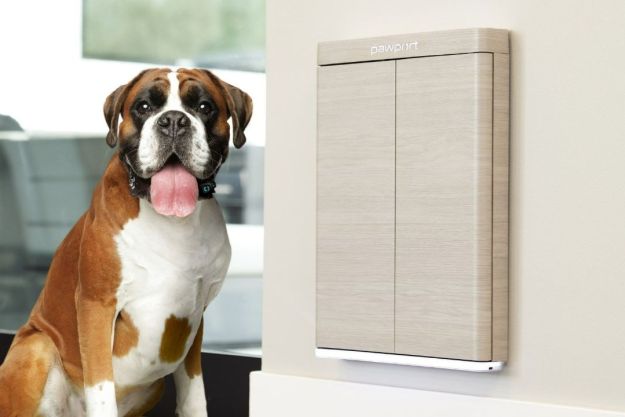Vacuuming the floor is something many people do to keep their homes clean, but it also serves another purpose: Improving indoor air quality in your home. By vacuuming up pet dander and other allergens, you reduce the number of irritants in the air that can aggravate asthma symptoms and allergies.
But does your vacuum actually help? There are multiple sources that suggest some vacuum cleaners may do more harm than good. Studies have shown that vacuum cleaners can release a large number of fine, airborne particles into the air from the exhaust of the vacuum and from stirring up dust.
The key lies in using a vacuum with a HEPA filter and a certified sealed system.
Why your vacuum might be a dust rocket
A popular YouTube channel called Vacuum Wars often pits different models against one another to compare their efficiency. One of the videos (starting at 1:55) warns against the purchase of cheap vacuum cleaners and utilizes a specific kind of testing powder to demonstrate how it spreads in less-efficient machines.
Vacuum cleaners take in air and debris and pass it through the machine before expelling the clean air through a HEPA (high-efficiency particulate air) filter. However, if the vacuum leaks before it reaches that filter, those particulates escape back into the air. Unless the vacuum uses a sealed system, there are so many leaks that there is little difference in a machine that has a HEPA filter and one that does not.
Another potential problem lies in the package of many vacuum cleaners. If you browse the shelves, you will see that almost every single vacuum claims superior filtration over the other brands out there. The majority of these claims are just marketing. What you want to keep an eye out for are claims that can be backed up.
Buying a vacuum for indoor air quality
If you want a vacuum cleaner that works the way you intend for it to work (and doesn’t actually make things worse in your home), there are a few key elements to look for. The first is price. While there is always a chance you can snag a great vacuum cleaner for a bargain, you will likely pay for quality. The efficiency of a vacuum cleaner lies in its engineering. You want to purchase a vacuum cleaner from a brand you trust not to cut corners.
Look for a claim on the box or on the vacuum itself that is a “sealed” system. “Premium filtration” is a buzzword, but seeing “sealed system” on the packaging indicates the vacuum will contain the air until it is ready to be passed through the filter. You also want to find a vacuum that specifically states that it uses a HEPA filter. Studies have shown that HEPA filters inside a sealed system significantly reduces the amount of particulate matter smaller than 10 microns.

To put things in perspective, a micron (or micrometer) is one-millionth of a meter. Different filters capture different size particles, with HEPA filters capturing most particles 0.3 microns in size or larger. The majority of air purifiers also use HEPA filters, although a few use specialized types of filters that can capture even smaller sizes.
Bacteria averages about 3 microns in diameter, while pollen ranges from 10 to 1000 microns. Red blood cells are about 8 microns, while viruses are much smaller at 0.004 microns. Though exact estimates vary, the average person can only see objects around 70 microns with the naked eye.
A key tell that your vacuum may not be as efficient as you believe is the smell. Do you often smell burning dust when you use the appliance? Does it leave an unpleasant odor in the room when you have finished cleaning? Both of these are indicators that particulates are leaving the vacuum from other sources than the HEPA filter.
Does it matter?
For many people, indoor air quality is not a huge point of concern. After all, if you open a few windows and get some fresh air, does it really matter?
It does. According to the World Health Organization, in 2018 3.8 million deaths were caused by poor indoor air quality. Even if the air quality in your home isn’t bad enough to cause deaths, it can still aggravate asthma and other respiratory disorders.
Keeping your home healthy doesn’t require a huge effort. Invest in a high-quality vacuum cleaner with a sealed system. It will improve the indoor air quality of your home and keep things clean. If you want to go the extra mile, buy an air purifier to help keep the air in your home free of allergens and irritants.
Editors' Recommendations
- SimpliSafe is now using AI to prevent burglars from entering your home
- Dyson’s new AR mobile app shows where you forgot to clean
- Home Depot’s Hubspace is a great way to start building your smart home
- The Skylight Cal Max is a 27-inch smart calendar that might replace your smart display
- Amazon might launch a paid version of Alexa later this year




